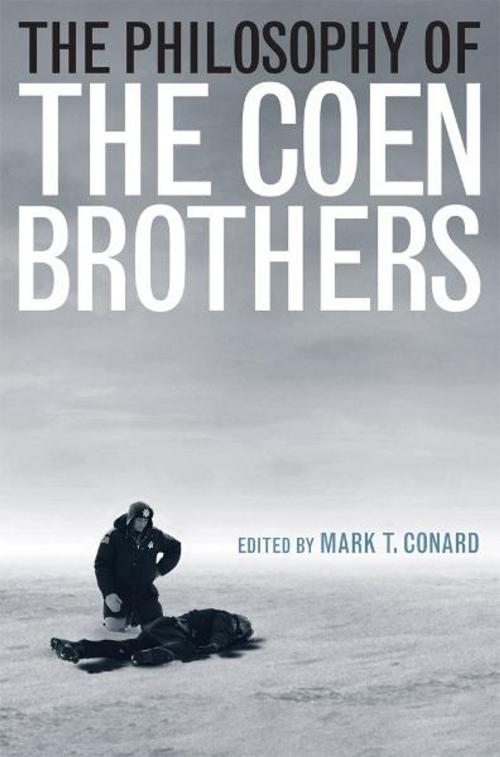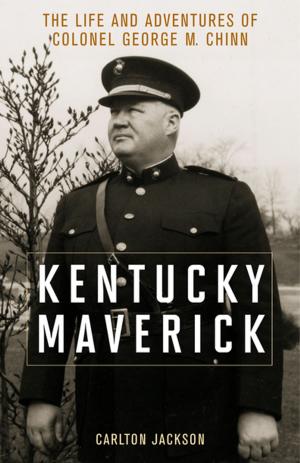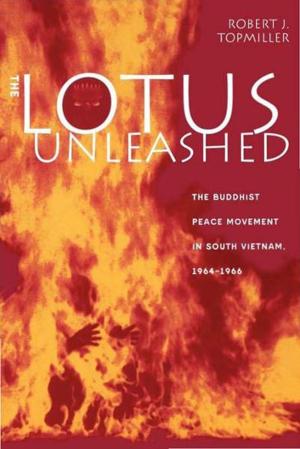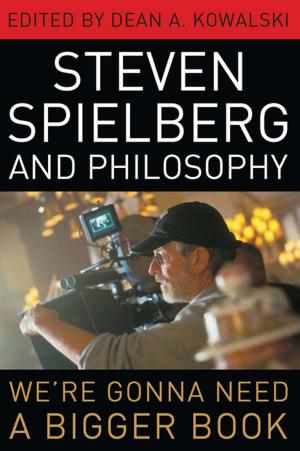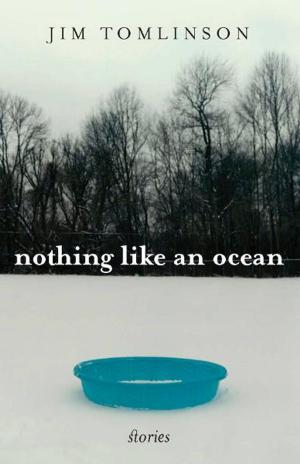| Author: | Mark T. Conard | ISBN: | 9780813138695 |
| Publisher: | The University Press of Kentucky | Publication: | March 1, 2009 |
| Imprint: | The University Press of Kentucky | Language: | English |
| Author: | Mark T. Conard |
| ISBN: | 9780813138695 |
| Publisher: | The University Press of Kentucky |
| Publication: | March 1, 2009 |
| Imprint: | The University Press of Kentucky |
| Language: | English |
In 2008 No Country for Old Men won the Academy Award for Best Picture, adding to the reputation of filmmakers Joel and Ethan Coen, who were already known for pushing the boundaries of genre. They had already made films that redefined the gangster movie, the screwball comedy, the fable, and the film noir, among others. No Country is just one of many Coen brothers films to center on the struggles of complex characters to understand themselves and their places in the strange worlds they inhabit. To borrow a phrase from Barton Fink, all Coen films explore "the life of the mind" and show that the human condition can often be simultaneously comic and tragic, profound and absurd. In The Philosophy of the Coen Brothers, editor Mark T. Conard and other noted scholars explore the challenging moral and philosophical terrain of the Coen repertoire. Several authors connect the Coens' most widely known plots and characters to the shadowy, violent, and morally ambiguous world of classic film noir and its modern counterpart, neo-noir. As these essays reveal, Coen films often share noir's essential philosophical assumptions: power corrupts, evil is real, and human control of fate is an illusion. In Fargo, not even Minnesota's blankets of snow can hide Jerry Lundegaard's crimes or brighten his long, dark night of the soul. Coen films that stylistically depart from film noir still bear the influence of the genre's prevailing philosophical systems. The tale of love, marriage, betrayal, and divorce in Intolerable Cruelty transcends the plight of the characters to illuminate competing theories of justice. Even in lighter fare, such as Raising Arizona and The Big Lebowski, the comedy emerges from characters' journeys to the brink of an amoral abyss. However, the Coens often knowingly and gleefully subvert conventions and occasionally offer symbolic rebirths and other hopeful outcomes. At the end of The Big Lebowski, the Dude abides, his laziness has become a virtue, and the human comedy is perpetuating itself with the promised arrival of a newborn Lebowski. The Philosophy of the Coen Brothers sheds new light on these cinematic visionaries and their films' stirring philosophical insights. From Blood Simple to No Country for Old Men, the Coens' films feature characters who hunger for meaning in shared human experience -- they are looking for answers. A select few of their protagonists find affirmation and redemption, but for many others, the quest for answers leads, at best, only to more questions.
In 2008 No Country for Old Men won the Academy Award for Best Picture, adding to the reputation of filmmakers Joel and Ethan Coen, who were already known for pushing the boundaries of genre. They had already made films that redefined the gangster movie, the screwball comedy, the fable, and the film noir, among others. No Country is just one of many Coen brothers films to center on the struggles of complex characters to understand themselves and their places in the strange worlds they inhabit. To borrow a phrase from Barton Fink, all Coen films explore "the life of the mind" and show that the human condition can often be simultaneously comic and tragic, profound and absurd. In The Philosophy of the Coen Brothers, editor Mark T. Conard and other noted scholars explore the challenging moral and philosophical terrain of the Coen repertoire. Several authors connect the Coens' most widely known plots and characters to the shadowy, violent, and morally ambiguous world of classic film noir and its modern counterpart, neo-noir. As these essays reveal, Coen films often share noir's essential philosophical assumptions: power corrupts, evil is real, and human control of fate is an illusion. In Fargo, not even Minnesota's blankets of snow can hide Jerry Lundegaard's crimes or brighten his long, dark night of the soul. Coen films that stylistically depart from film noir still bear the influence of the genre's prevailing philosophical systems. The tale of love, marriage, betrayal, and divorce in Intolerable Cruelty transcends the plight of the characters to illuminate competing theories of justice. Even in lighter fare, such as Raising Arizona and The Big Lebowski, the comedy emerges from characters' journeys to the brink of an amoral abyss. However, the Coens often knowingly and gleefully subvert conventions and occasionally offer symbolic rebirths and other hopeful outcomes. At the end of The Big Lebowski, the Dude abides, his laziness has become a virtue, and the human comedy is perpetuating itself with the promised arrival of a newborn Lebowski. The Philosophy of the Coen Brothers sheds new light on these cinematic visionaries and their films' stirring philosophical insights. From Blood Simple to No Country for Old Men, the Coens' films feature characters who hunger for meaning in shared human experience -- they are looking for answers. A select few of their protagonists find affirmation and redemption, but for many others, the quest for answers leads, at best, only to more questions.
